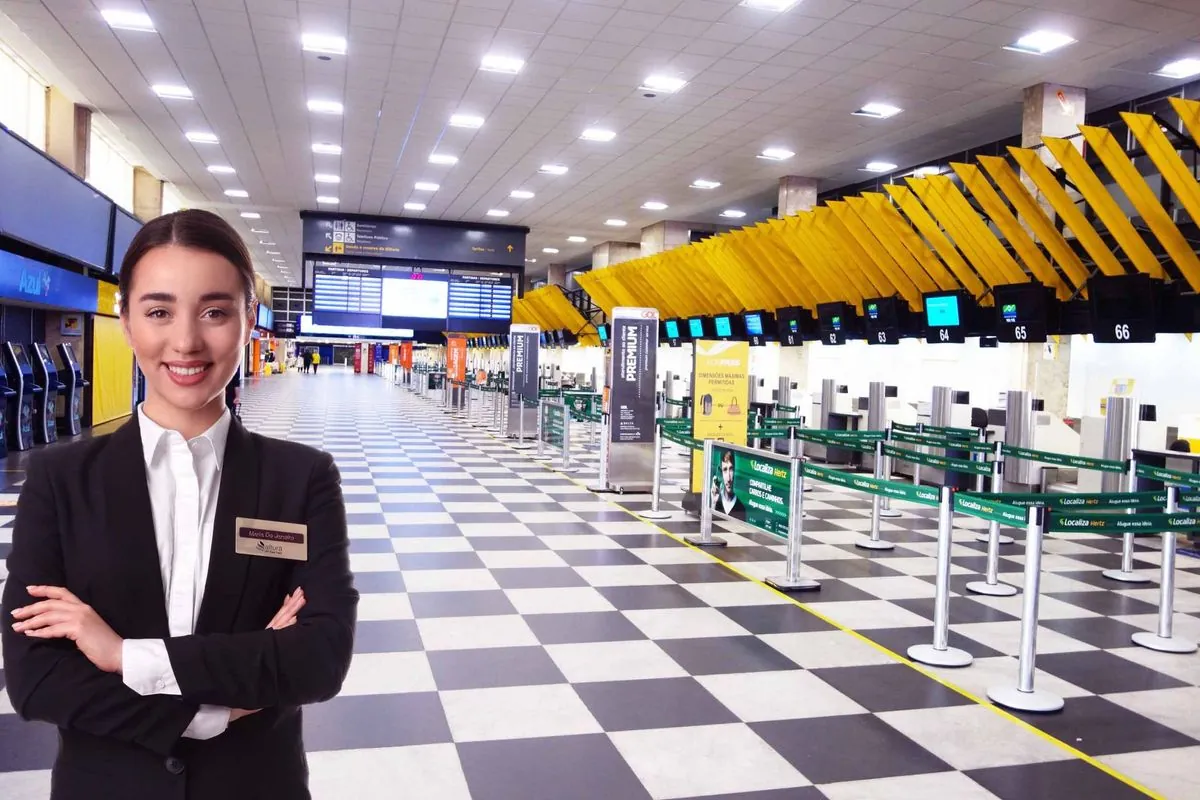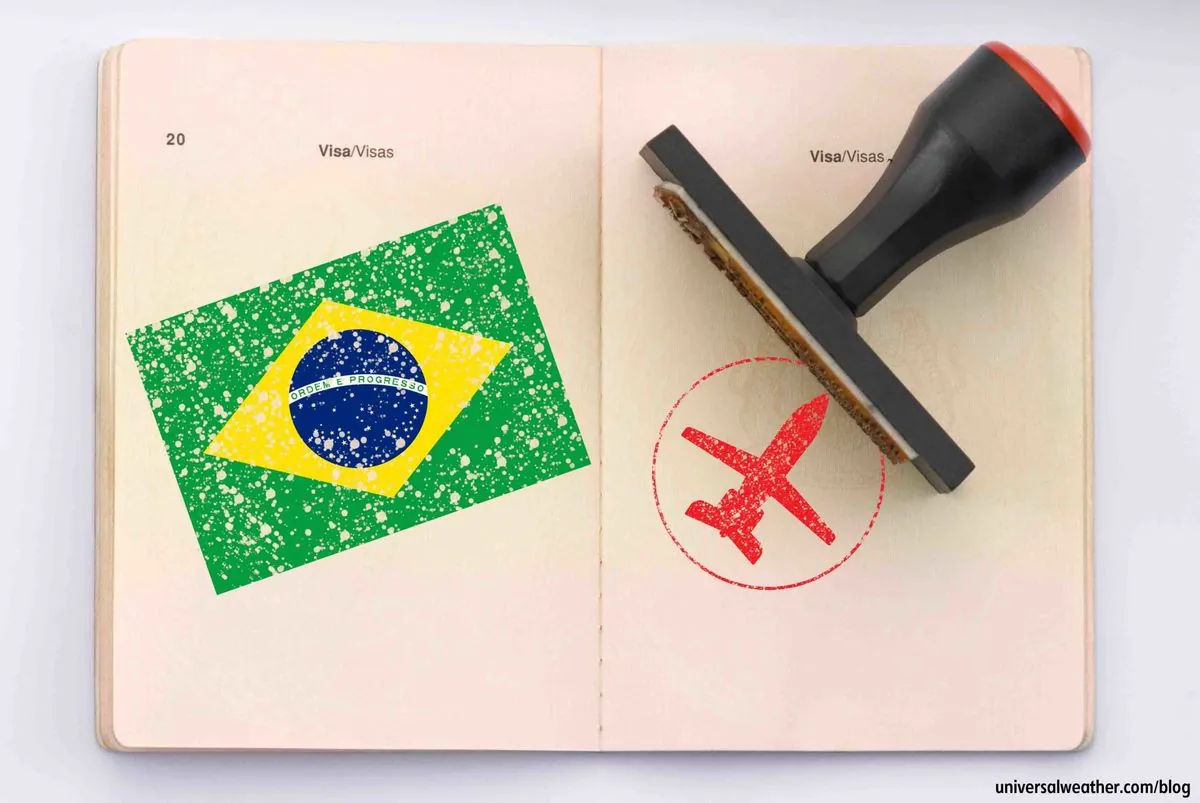Brazil Tightens Visa Rules Amidst Surge in Transit Migrants
Brazil implements stricter visa regulations to address the increasing use of the country as a transit point for migrants. New rules aim to curb the practice of seeking refuge during layovers.

Brazil is set to implement more stringent visa regulations starting August 26, 2024, in response to a growing trend of foreign travelers using the country as a transit point en route to other destinations, primarily the United States and Canada.
Under the new rules, foreign visitors without a Brazilian visa who are in transit must either proceed to their final destination or return to their country of origin. This measure aims to address the recent surge in travelers, particularly from Asian countries, who enter Brazil on the pretext of a layover and subsequently apply for refuge.
The Brazilian public security ministry has reported a significant increase in refuge applications at the country's busiest international airport. From January 1, 2023, to June 30, 2024, over 8,300 refuge requests were submitted. Notably, only 117 of these applications remained active in Brazil's national migration system, indicating that 99.59% of applicants either departed the country or stayed irregularly.

Investigations have revealed that many of these migrants request refuge in Brazil as a safeguard measure. If apprehended at the U.S. border, they can be returned to Brazil rather than their home countries. This strategy exploits Brazil's refugee protection laws, which are considered among the most progressive in Latin America.
"The demographic profile of these applicants deviates significantly from historical trends."
The data shows that more than 70% of the refuge applicants during this period originated from India, Vietnam, and Nepal. This shift in migration patterns has prompted Brazilian authorities to reevaluate their entry policies.
Brazil, the largest country in South America and the fifth largest globally, has long been a destination for immigrants. Its diverse population reflects influences from indigenous peoples, Europeans, Africans, and Asians. The country's constitution guarantees the right to seek asylum, and Brazil is a signatory to the 1951 Refugee Convention and its 1967 Protocol.
The National Committee for Refugees (CONARE) is responsible for analyzing asylum claims in Brazil. However, the recent influx of transit migrants has strained this system, leading to the implementation of these new regulations.
Many of the migrants who initially enter Brazil eventually attempt to reach North America through the perilous Darien Gap, a dangerous jungle region connecting Colombia and Panama. This route has become increasingly popular among those seeking to enter the United States or Canada irregularly.
The Brazilian government's decision to tighten visa rules reflects a delicate balance between maintaining its commitment to refugee protection and addressing the challenges posed by irregular migration. As Brazil navigates these complex issues, it continues to play a significant role in regional migration dynamics, given its position as the largest economy in Latin America and its shared borders with ten other South American countries.


































